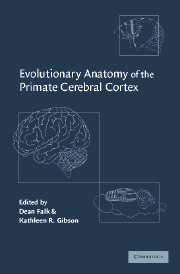Prologue: Size matters and function counts
Published online by Cambridge University Press: 07 October 2011
Summary
Standard proverbs often give us no guidance because they come in contradictory pairs, as in the relevant contrast for this preface: ‘Fools rush in where angels fear to tread’ vs. ‘Nothing ventured, nothing gained’ or ‘In for a penny, in for a pound.’ The best scientists try to balance these extremes by not wasting precious time on the truly undoable and unanswerable, while remaining open (indeed eager) to try the ‘crazy’ experiment that just might work. Science would become stodgy and stymied if practitioners did not often risk the second part of this pairing. (In one of the saddest ‘science stories’ I have ever heard, developmental biologist Eddy de Robertis told me that, when he proposed his utterly nutty, and brilliantly successful, experiment to search for homologs of Drosophila homeobox genes in vertebrates, only two members of his lab refused to participate for fear of being branded as fools – both graduate students. I do understand that pressures for conformity may fall more strongly upon beginners than upon established seniors. But if people won't think big and take risks at the outset of their careers, how will they ever develop this most essential of all habits among truly accomplished scientists?)
I met Harry Jerison in the early 1960s, when I was an undergraduate at Antioch College, and he a scientist at a local research lab, and a professor.
- Type
- Chapter
- Information
- Evolutionary Anatomy of the Primate Cerebral Cortex , pp. xiii - xviiiPublisher: Cambridge University PressPrint publication year: 2001
- 3
- Cited by



